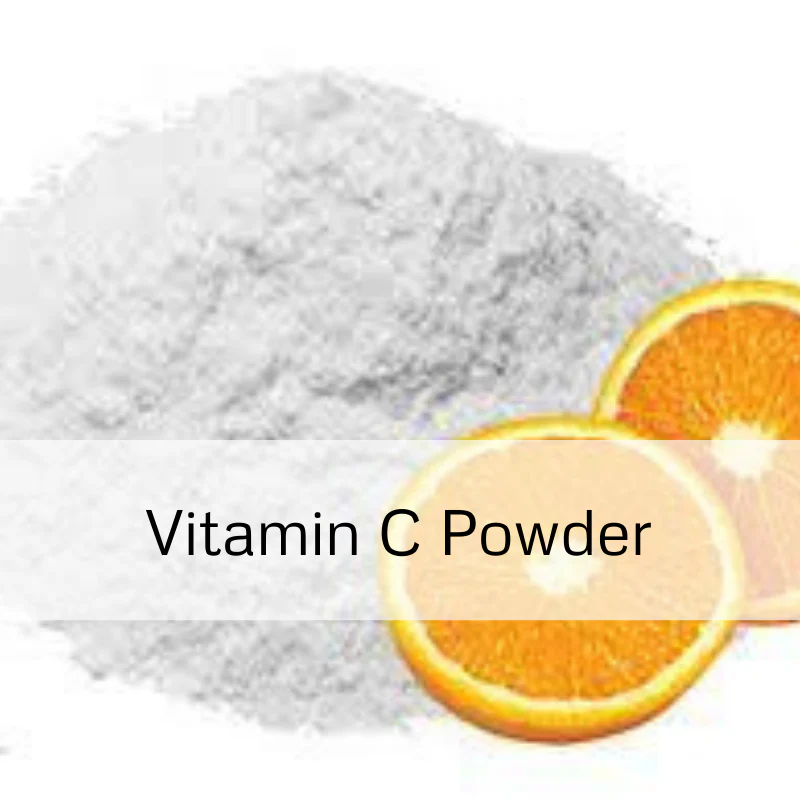Introduction of Vitamin C / Ascorbic Acid
Vitamin C / Ascorbic Acid is a water-soluble vitamin found in fruits and vegetables, especially citrus, strawberries and green leafy vegetables. It is a powerful antioxidant that helps protect cells from free radical damage, supports immune system function, promotes iron absorption, and is involved in collagen synthesis, maintaining healthy skin, blood vessels and bones.
Main Functions
1. Antioxidant effect: Vitamin C / Ascorbic Acid helps neutralize free radicals and slow down the aging process.
2. Immunity enhancement: Supports the body’s resistance to infection.
3. Promotes wound healing: Vitamin C / Ascorbic Acid helps collagen synthesis and accelerates the healing process.
4. Promotes iron absorption: Improves iron bioavailability and prevents iron deficiency anemia.
Application areas
Vitamin C / Ascorbic Acid is widely used in nutritional supplements, food additives and cosmetics to enhance the nutritional value and stability of products.
Advantages of Vitamin C / Ascorbic Acid
Here are the key advantages of Vitamin C / Ascorbic Acid:
1. Powerful Antioxidant: Vitamin C / Ascorbic Acid protects cells from oxidative stress by neutralizing free radicals, which may help reduce the risk of chronic diseases.
2. Immune Support: Vitamin C / Ascorbic Acid enhances immune function, aiding the body in fighting off infections and illnesses.
3. Skin Health: Promotes collagen production, improving skin elasticity and reducing the appearance of wrinkles and fine lines.
4. Iron Absorption: Improves the absorption of non-heme iron from plant-based foods, helping to prevent iron deficiency anemia.
5. Wound Healing: Supports the healing process by aiding in collagen formation and tissue repair.
6. Mood Enhancement: Some studies suggest a link between Vitamin C levels and mood improvement, potentially reducing feelings of stress and anxiety.
7. Heart Health: Regular intake may contribute to cardiovascular health by improving blood vessel function and lowering blood pressure.
8. Versatile Applications: Vitamin C / Ascorbic Acid used in dietary supplements, functional foods, and cosmetic products, making it a valuable ingredient across various industries.
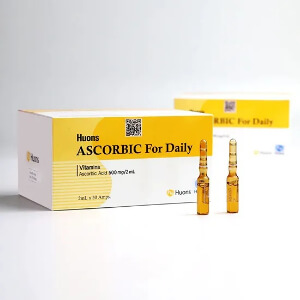
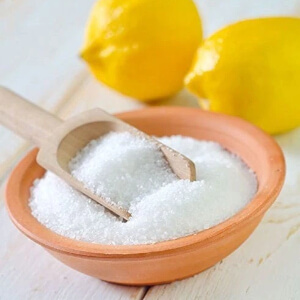

Classification of Vitamin C / Ascorbic Acid
Vitamin C / Ascorbic Acid can be classified according to its form and use, mainly including the following categories:
1. Extraction method classification
Natural Vitamin C: Vitamin C extracted from fruits and vegetables, usually contains natural bioactive ingredients such as bioflavonoids, which may enhance its effect.
Synthetic Vitamin C: Ascorbic acid produced by chemical synthesis methods, usually available at a lower cost, is widely used in supplements and food additives.
2. Form classification
Ascorbic Acid: The most common form, commonly used in supplements and foods.
Sodium Ascorbate: A sodium salt form, often used in products that need to reduce acidity.
Magnesium Ascorbate: Suitable for people who are sensitive to acid.
Ascorbyl Palmitate: A fat-soluble form, often used in cosmetics and skin care products.
3. Use classification
Nutritional supplements: used to enhance immunity and antioxidant effects.
Food additives: used as preservatives and antioxidants to extend the shelf life of food.
Cosmetic ingredients: used in skin care products to improve skin radiance and reduce wrinkles.

Tips for buying Vitamin C / Ascorbic Acid
Here are some tips for buying Vitamin C / Ascorbic Acid:
1. Check Purity: Look for products that list 100% pure ascorbic acid without fillers or additives.
2. Form: Choose the form that best suits your needs—powder, capsules, tablets, or effervescent forms.
3. Quality Certification: Opt for products that are third-party tested or have certifications like GMP (Good Manufacturing Practices) to ensure quality and safety.
4. Dosage: Consider the dosage per serving to ensure it meets your health requirements, and consult with a healthcare professional if unsure.
5. Bioavailability: Some formulations include ingredients that enhance absorption, such as bioflavonoids, which may increase the effectiveness of Vitamin C.
6. Packaging: Select products in opaque, airtight containers to protect them from light and moisture, which can degrade the vitamin.
7. Brand Reputation: Research brands with a solid reputation and positive customer reviews to ensure reliability.
8. Expiration Date: Check the expiration date to ensure the product is fresh and effective.
9. Price: Compare prices, but be cautious of unusually low-priced products, which may compromise quality.
By following these tips, you can make an informed choice when purchasing Vitamin C supplements.
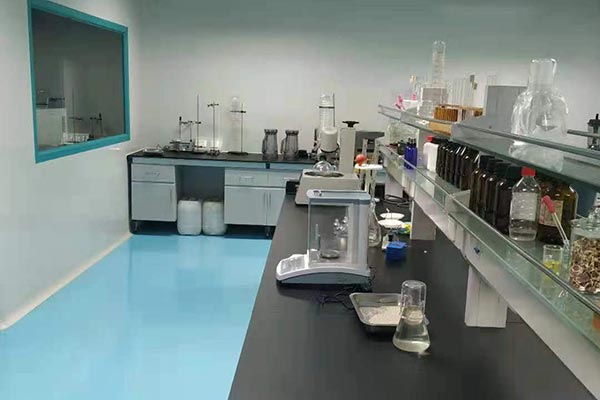
CHEMPORA Your Trusted Partner
1. High quality standards: CHEMPORA’s Vitamin C / Ascorbic Acid complies with international food and drug standards and undergoes strict quality control to ensure the high purity and stability of the product.
2. Rich product offerings: CHEMPORA offers a variety of grades of Vitamin C / Ascorbic Acid that can be customized to meet customers’ specific needs to ensure optimal performance.
3. Safety and reliability: All products undergo rigorous safety testing and comply with global food and drug regulations (such as FDA, EFSA) to ensure safety and compliance.
4. Quality service: CHEMPORA provides comprehensive pre-sales and after-sales support, including technical consulting and customized solutions to help customers optimize product formulations.
Choosing CHEMPORA’s Vitamin C / Ascorbic Acid not only ensures high quality and excellent performance, but also enjoys reliable service support to meet diverse application needs.
More Product Recommendations
CHEMPORA is a professional manufacturer of a full range of products including food additives, feed additives, nutritional supplements, etc.
In addition to providing you with Vitamin C / Ascorbic Acid, we can also provide you with many other products.
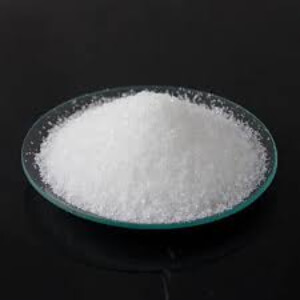

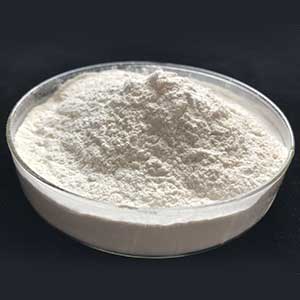
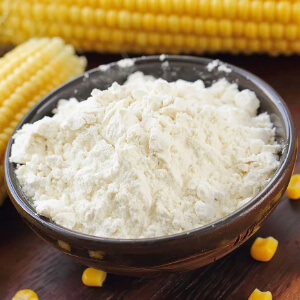
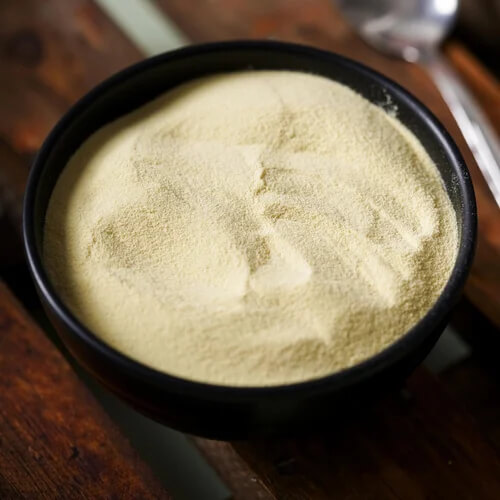
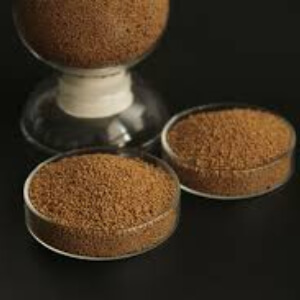
L-Lysine Sulphate Feed Grade 70%

